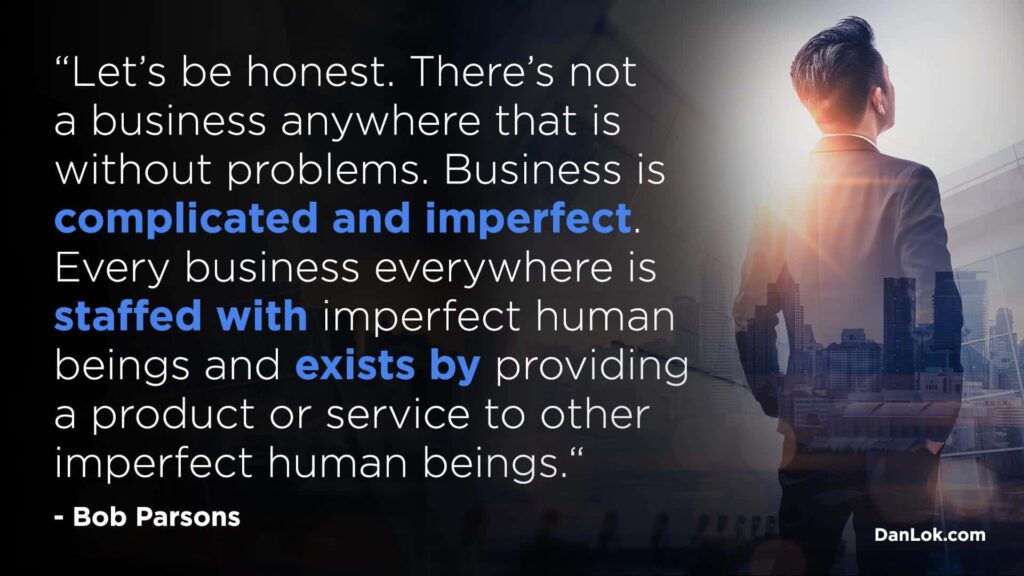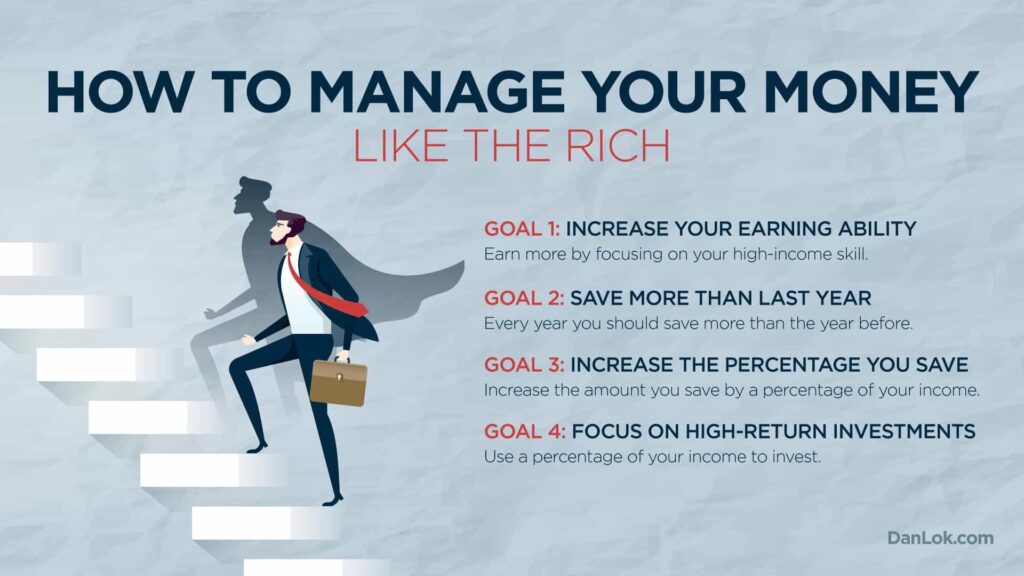Most people agree that being an extrovert is very helpful when running your own business. It’s usually not difficult to make connections and to build relationships with clients. But what do you do if you are an introverted entrepreneur?
To know if you’re an introvert or extrovert, take this quiz.
Have you ever considered how your personality affects your professional success? Are anxiety and shyness standing in the way of maximizing your potential?
You might find the world of entrepreneurship overwhelming. It requires a lot more interactions with others than you may be comfortable. Perhaps you tend to prefer isolation and working alone. Running a business as an introvert can truly be overwhelming. But are you aware of the advantages of being an introverted entrepreneur?
In this article, we will share with you some of the secrets of succeeding in business as an introverted entrepreneur.
Understanding introversion
Introverts usually enjoy thinking, reading, writing. They get their energy from these introverted activities. Extroverts, however, thrive in larger social activities. Thinking is collective discussion; reading is discussing with others, and writing is sharing with others. Extroverts like to be out and about, socializing, and feeding off the energy of others.
Now that’s a very literal and archaic way to look at it.
Today, we know that there are many levels of introversion. Moreover, most people are neither fully extroverted nor fully introverted. We find ourselves somewhere in between and at times, leaning into one side or another.
Many people, especially entrepreneurs, are inherent introverts but tend to adapt. Over time, they develop more balanced personalities. They become ambiverts and exhibit extroversion and introversion.
Perhaps you scroll down entrepreneurs’ social media accounts, seduced by the images of success on luxury. You may even be thinking, “That could never be me – I am too much in my own head.”

But you are very wrong. You are never too introverted to succeed in business – in fact, you may even have certain advantages.
In order to unlock those potentials, you need to first reflect on what you think a leader should be. Can you be one? Why not? You need to envision yourself as a leader – and then, locate the tools and resources you need to thrive.
To do this, you have to identify your power. Then, use the right tools to turn introversion into a powerful advantage.
And the last thing you should do as an introverted entrepreneur is to try to “overcome” your personality. We cannot outgrow ourselves: we can only become better versions of who we have always been.
If you want to see the aspects of being a natural introvert as unique tools for business success, then read on.
Choose your industry wisely
People like J.K. Rowling, Bill Gates, and Steven Spielberg have one thing in common: introversion. Understanding your personality is actually key to success. It is also necessary for the crucial first step: choosing your industry.
Whatever it is you choose to do, you need to have a passion for. However, passion alone is not enough. To reach the peak of our potentials, we need to seek out an environment that will welcome and nourish us.
Forcing yourself to fit in is going to hold you back and could be a source of anxiety and depression.
The first question you need to ask yourself is what kind of work makes me happy? Once you have an idea of what this might be, you will be able to search for your ideal industry.
But identifying the type of work that makes you happy is not enough. You need to also consider how you want to be working – that is, choose your work environment.
Perhaps you prefer quiet, isolated work environments. You may thrive working from home, which is not the case for many people these days.
Online work is just one of the opportunities for you to pursue. As an entrepreneur, working online means less in-person interaction. You can disconnect at your leisure and recharge as needed. You no longer have to feel anxious about turning inward, overthinking what to say, or silence on a regular basis.
In fact, choosing an industry with an anchor online may allow you to excel. This is why most of Dan Lok’s best copywriting students are introverts – they prefer to work alone and in isolation.
Another common thing is looking into studio work. There are many industries out there – such as music production, curation, or design – that may be perfect for introverts.
Now, your success in the chosen industry depends on maximizing your potential. To do so – you must know where your strengths lie.
Play on your strengths
As an introvert, you likely prioritize time alone and self-reflection. This means you have a deeper sense of self and value self-knowledge.
This is crucial because without self-knowledge, you cannot know your natural strengths. Without playing on those strengths, you are not going to reach the height of your potential. You need to know what your power is, to lead. What are your most important strengths?
You may not even be aware that some of the most successful people you know of are introverts. And you know some of their stories because they are unusual and against the grain. They found their unique strengths and unlocked their true potentials.
You may be asking – how do I know if I have the potential to unlock?
Chances are, you have already been pursuing your strengths – perhaps only quietly and in private. For example, many introverts tend to be dreamers and to place a lot of value on imagination. Their minds are natural storytellers. These introverts tend to have an affinity for writing. They often seek out industries where they can hone their skill – such as copywriting.
This is also why introverts tend to be natural innovators.
They choose to stand apart from society and try something entirely new. But that does not mean they stand alone. They usually seek out like-minded people to be their partners.
Find an extroverted partner
Innovation is always a fusion of some kind. Most times, “the best of two kinds” is joined to create something larger and exciting. It is important to have like-minded people close, but it is crucial that they have a different approach.
Put simply – a balance of introversion and extroversion is key to business success.
Your strengths should be complementary. If you thrive in quiet and isolation, you might want to partner up with someone who enjoys teamwork.
One of the best examples of what happens when this balance is struck may be right under our noses: Apple. Steve Wozniak (an introvert) and Steve Jobs (an extrovert), brought their personalities together and created Apple. Steve Jobs was in charge of marketing. Wozniak focused primarily on product development. One’s extroversion and the other’s introversion made them strong beyond measure.
You and your partner need to not only make use of your own strengths but to also know when to play on the other’s. You will inspire each other to grow and unlock your higher potential.
Once you build trust with your partner, you will want to work together to build a strong network. You will each have to locate and make use of your own unique resources.
Connect to other introverts in your industry
If you find an extroverted partner, you may think that they will be the ones doing most of the outreach and building connections. This thinking may be your downfall.
What you want to do is build a network on your own end. Reach out to other introverted entrepreneurs in your industry.
If you are first starting out, you may be thinking there aren’t many introverts in your industry – wrong. It is less likely you will meet them at social gatherings and see much on their social media. And this is how you know you want to reach out.
The more you’re out of your comfort zone, the more you learn. The more you learn, the more you grow. Share on XBe confident that using your natural approach is the best way to go. You do not need to try to outspeak somebody else. Chances are, you are a natural listener and a keen observer. This means your approach will appeal to another such individual.
You will be able to make spontaneous connections with other introverts. This is usually because neither of you seeks out external affirmation. This is important in business. It means you are less likely to base your relationships on the competition. Because of this, you each will be able to see the benefits of a friendship without getting into each other’s way. Connections with other introverts will feel natural. They will also inspire and push you.
These connections will also likely be less exhausting. Being an introverted entrepreneur among extroverts can be draining. It is important for introverts to have time for themselves.
Take time to recharge
Have you ever heard the term introvert hangover? Your feeling the need for a time-out from social environments is a very real thing. It is a consequence of social overstimulation.
Your body and mind may be telling you they’ve had enough, and that you need to retreat into yourself to recharge. But being an entrepreneur, you probably often try to “power through” and satisfy other demands before taking time off.
You may not know that recharging actually works. Your mind may be trying to tell you it needs to process information in solitude. Once you got rid of your ‘introvert hangover,’ you will go back to work with a fresh attitude and new ideas, so you are actually gaining and not losing steam.
Down-time does not have to be dull. You may choose to watch educational movies, write in your journal or meditate. You could also learn more about the power of silence and how to amplify your strengths.
Taking the time to recharge means allowing achievements to set in. It also means unlocking more potential. Share on XAs you unwind and reflect, you may also choose to hone your skills.

One skill all introverts should hone
The ability to seal the deal is what makes a good entrepreneur. As an introvert, you are likely able to reach people on a more personal level. simply because you are a listener. And this is invaluable when it comes to closing. To make sure you can unlock your full potential – you should make sure your closing skills are strong.
For many introverts in business, closing is already a strength – you just need to keep nurturing yours. Dan Lok is also an introvert, which is why he put together The Perfect Closing Script. This is like a cheat sheet that you can just keep in front of you during your next sales conversation and allow yourself to thrive in your chosen industry.
Think of this script as a secret weapon for introverts. The more you practice, the more useful a weapon it becomes.
Updated November 4, 2020.































